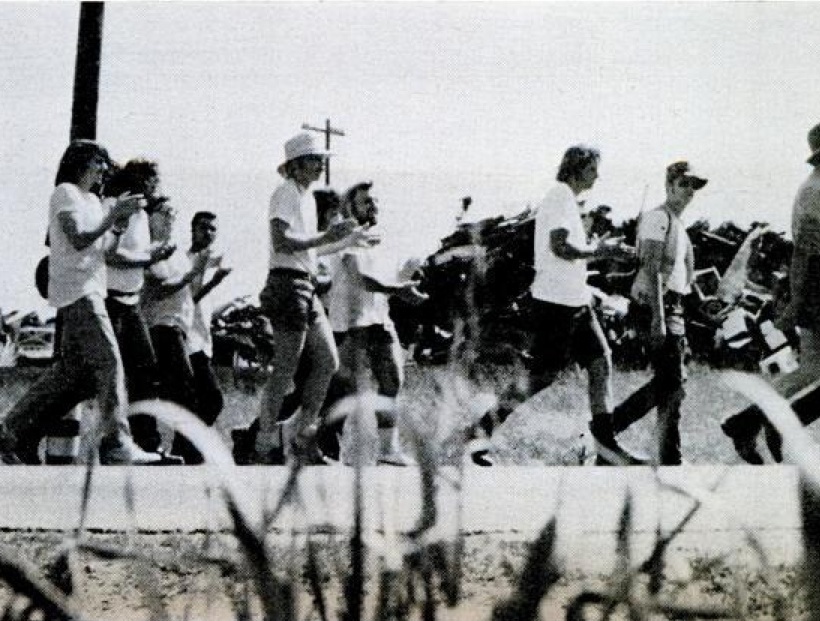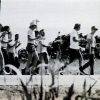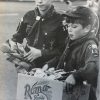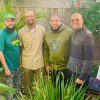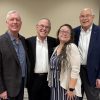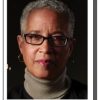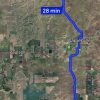DesignView
by Lee Davis, Founder, Modesto Design School
Garbage Design: Modesto Invented Curbside Recycling
The first Earth Day on April 22,1970, launched the modern environmental movement. It’s also a seminal day in Modesto’s design history. The first “Survival Walk” began that day with activists walking down the Central Valley, through Modesto. The six-week walk from Sacramento to Los Angeles was organized by Ecology Action, founded by UC Berkeley student Cliff Humphrey with a group of eco-designers and activists from the College of Environmental Design to promote household recycling practices. As Humphrey passed through Modesto, he saw potential for a local market for recycled newspapers, cans and glass, and vowed to return to transform Modesto into a “model of ecological sanity.”
Humphrey had become somewhat of an eco-design icon following his pointed speech at the renowned International Design Conference Aspen (IDCA) in 1970 where he decried the complicity of designers in “ruining our life support system,” sparking a national debate about the wider social and environmental responsibility of designers. Later that year, he relocated Ecology Action and his family from Berkeley to Modesto. His subsequent efforts would place Modesto on the cutting edge of recycling before it was commonly accepted or economically feasible to do so. Modesto became the first city in the country to offer curbside collection of post-consumer recyclables.
From a modest office in the Roseburg and Tully Shopping center, Humphrey designed curbside pickup to make recycling more efficient and convenient for residents. He hoped that the simple task of sorting garbage would make people more environmentally conscious. This was not a small undertaking in “conservative” Modesto at a time when the concept of recycling was still novel. He met early resistance and skepticism from city officials and the public. “If we can make recycling work here, it will work anywhere,” Humphrey said.
Early supporters of the recycling program included city councilwoman Peggy Mensinger, Mayor Lee Davies, Gallo Glass, the Stanislaus County Medical Society, YMCA, Unitarian Church, and Boy Scouts. Ecology Action put the first route into operation with a pair of secondhand trucks and ultimately operated curbside service across all of Modesto and the surrounding area. Recycling became a Modesto institution, a part of the community’s daily routine, and changed resident’s ecological consciousness.
Modesto’s innovative program was replicated by cities across the country and helped to catalyze a national movement in curbside recycling. It was featured in LOOK magazine in May 1971 with the headline “This Town’s Hooked on Garbage Power!,” stating that “Modesto is going bananas over recycling.” Humphrey was later named “Recycler of the Decade” at the first National Recycling Congress in 1980 and is widely recognized as “the grandfather of recycling” for the innovative community recycling programs he started here in Modesto.
How might we reclaim Modesto’s pioneering role in eco-design and innovation?
See “Hippie Modernism: How Bay Area design radicals tried to save the planet” placesjournal.org/article/hippie-modernism/


